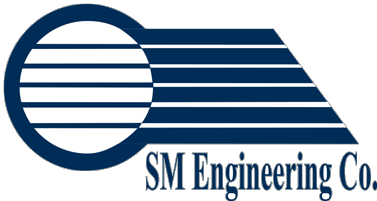Resources & News - Frequently Asked Questions
About our utility auditing processHow will SM Engineering work with us?
It’s simple. Send us your most recent monthly utility bills for electricity, gas, water and sewer for a free initial analysis! If we find that everything is in order, we’ll get back to you stating that you’re being charged appropriately, and that’s it. If we think you’d do better on a different rate, or think you are being overcharged, we’ll notify you and send you an authorization allowing us to perform an audit and monitor your utility charges. Read it over, sign it, mail it back, and we’ll begin the process of researching, finding billing adjustments and claiming refunds. We can also work with you to find potential savings from tax credits based on your business and engineering processes.
How much will I be charged for this service?
That’s the beauty of this system. You don’t pay us anything out of your current budget. Our fees are 50% of any savings or refunds we find for you. Fees are due only after you have received the actual savings.
Why are businesses overpaying on their utility bills?
How do utility overcharges occur?
Are utility companies deliberately overcharging companies?
Couldn’t we analyze and audit our bills in-house?
How do I know if I qualify for a sales tax exemption?
How can SM Engineering assist me with a sales tax exemption?
Where do I send my sales tax exempt information?
How do I know that I completed the forms correctly?
Where can I check to see if my exemption was accepted?
How long is my tax exemption status valid?
The exemption forms need to be updated if:
- Your operation changes significantly
- You add machines and/or change the square feet
- Your hours of operation change
- Depending on the state and utility company, the exemption forms may need to be updated every one to four years

